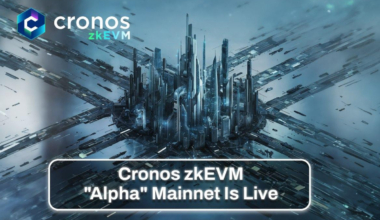South Korean securities firms and token issuers have been provided with much-needed regulatory clarity on how security tokens are defined, according to new guidance published by the Financial Services Commission (FSC).
The guidance defines security tokens as tokens that are digitized using distributed ledger technology, aligning South Korea with other jurisdictions in the wider Asia region.
Under this new regulatory framework, firms will be required to regulate themselves in the first instance. This approach is in line with other regulators such as Singapore and Hong Kong.
The FSC’s decision to tie the scope of security token offerings to the definition of securities is expected to encourage digital asset innovation in South Korea’s capital markets.
Before the guidance was released, traditional securities firms were cautious about entering the market. However, players in traditional finance that already hold securities licenses are already responding.
Shinhan Investment and Securities, one of the country’s largest securities companies, has invited other companies to join an alliance to inform investors of the benefits of token securities and set standards and best practices for issuing and trading.
While not everyone is convinced that the guidance is a positive development, it is a step towards reshaping key existing laws to cover security tokens.
Regulators will propose amendments to the Capital Markets Act and the Electronic Securities Act, which will be put forward to the National Assembly in the first half of this year.
Despite the growing pains that may be experienced as businesses and regulators reach agreement on what is and what is not a security, the FSC provides detailed guidance to help inform that decision and will likely assess each determination on a case-by-case basis.
Firms that do not hold securities-related licenses will have to go through the process of obtaining licenses, which can take one to two years depending on the licenses and the business model of the company.
Nonetheless, the guidance is expected to encourage digital asset innovation in South Korea’s capital markets and provide a foundation for a more robust regulatory framework that can help promote the growth of the industry.



